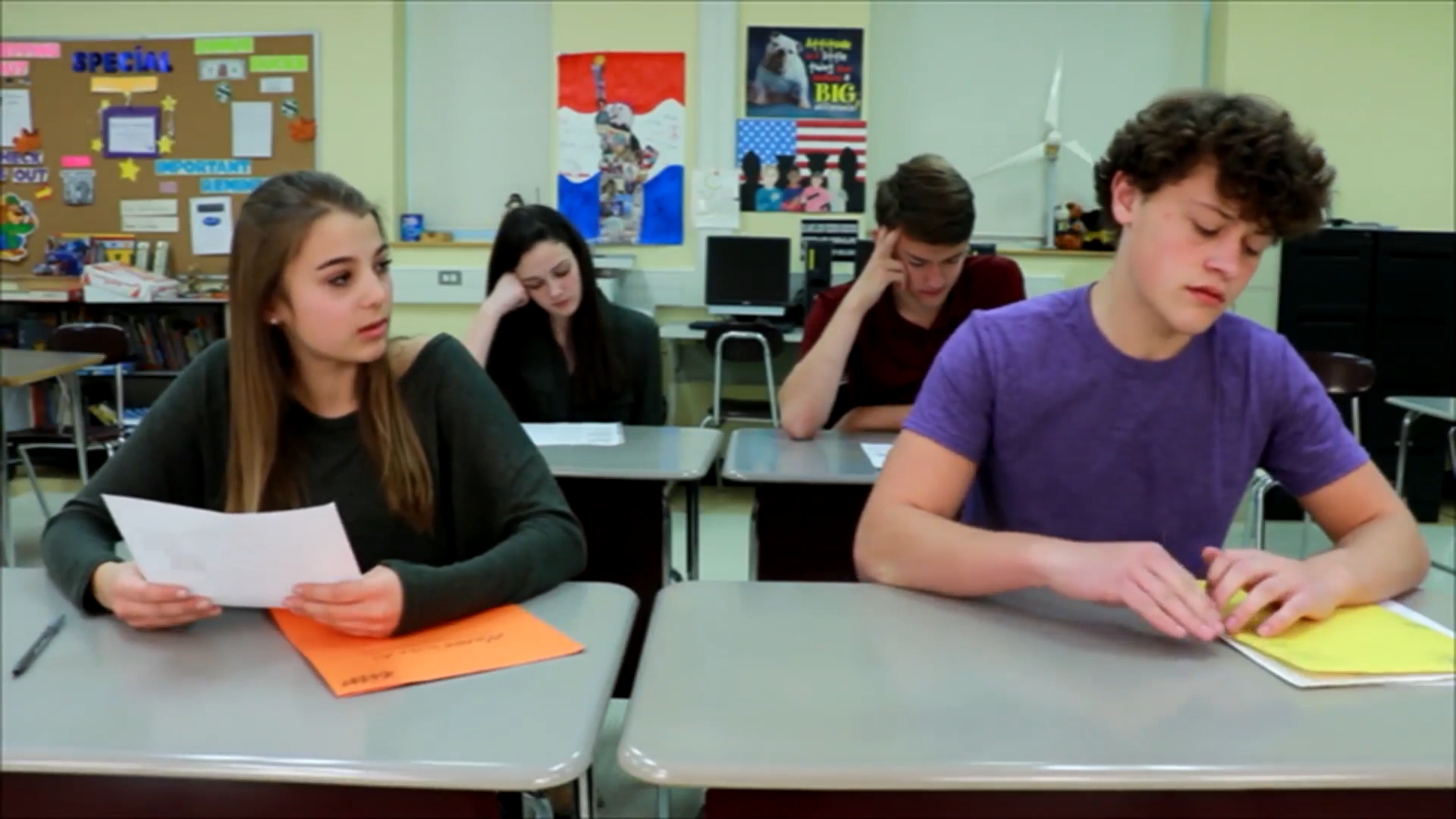
Introduction
Embarrassment is a common emotion experienced by middle school students, and it can often lead to feelings of insecurity and self-doubt. As educators, it’s crucial to teach students how to handle these emotional situations in a healthy and constructive way. This blog post will explore a no-prep activity that can help students address their embarrassment, as well as discussion questions and related skills to further support their social-emotional learning journey.
No-Prep Activity
This no-prep activity, called “Embarrassment Scenarios,” encourages students to think about how they would react in various situations where they might feel embarrassed. By discussing their thoughts and feelings openly, students can learn to better cope with embarrassment and develop healthy strategies for handling these emotions.
- Ask students to form small groups of 3-4.
- As the educator, present a series of hypothetical scenarios where someone might feel embarrassed. Examples include spilling a drink, tripping in front of others, or receiving a low test score.
- In their groups, have students discuss how they would react to each scenario and what they could do to stay calm and handle the situation positively.
- After discussing each scenario, bring the class together and ask volunteers to share their group’s ideas and strategies.
This activity encourages students to think critically about their emotions and develop practical strategies to address embarrassment, leading to a more positive and supportive learning environment.
Discussion Questions
To further stimulate conversation and reflection on dealing with embarrassment, consider using the following discussion questions:
- Why do you think people feel embarrassed? What purpose does this emotion serve?
- How can staying calm and thinking positively help us when we feel embarrassed?
- Can you think of a time when you felt embarrassed but managed to handle the situation well? What did you do?
- How can we support our friends and classmates when they feel embarrassed?
- How can we learn from our embarrassing experiences and grow as individuals?
Related Skills
In addition to addressing embarrassment, there are other related skills that can support students’ social-emotional learning journey. These include:
- Empathy: Understanding and sharing the feelings of others can help students support their peers when they experience embarrassment.
- Self-awareness: Recognizing and understanding one’s own emotions is crucial for managing feelings of embarrassment.
- Resilience: Learning to bounce back from difficult situations, such as embarrassing moments, can help students develop a healthy mindset and overcome challenges.
- Communication: Effectively expressing feelings and thoughts can help students process their emotions and navigate embarrassing situations.
Next Steps
By incorporating activities like “Embarrassment Scenarios” and engaging in thoughtful discussions, educators can help middle school students develop crucial skills for managing embarrassment and other emotions. To explore more resources and activities related to social-emotional learning, sign up for free sample materials at Everyday Speech. These materials can provide additional support and guidance for educators looking to create a positive and emotionally healthy learning environment.





